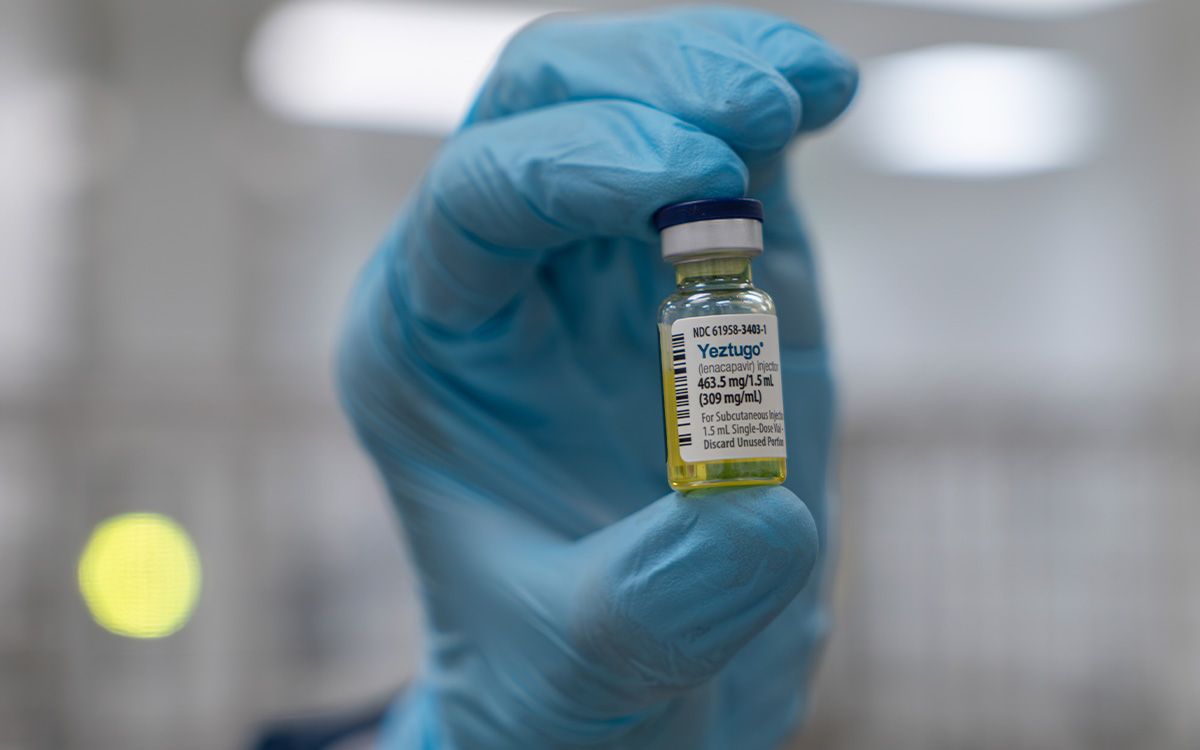PrEP implant the next frontier in AIDS fight

Trial of HIV/AIDS prevention implant hailed as a boost in the fight against disease. Researchers in a joint study between the CDC and the University of Northern Carolina have made major breakthroughs in AIDS prevention with the development of an injectable slow-release PrEP implant.
The latest results have shown that their formulation can provide up to 6 months protection against HIV for non-human primates.
The research involved exposing macaques (a primate with similar immune systems to humans) to HIV, but of the six test subjects, none contracted the virus. Rahima Benhabbour, associate professor and one of the leading minds of the study said:
'Our goal with this technology is a once or twice yearly injection that could be self-administered”.
The latest work, conducted by the pharmaceutical company MSD, is the first trial of a PrEP implant in humans – although the company has previously carried out work in animals.
In total, 12 healthy adults were given an implant for 12 weeks, containing either a 54mg or 62mg dose of a newly developed drug called islatravir, while a control group of four participants were given placebo implants. Of the 16 participants, 14 were men.
The researchers monitored how well participants tolerated the implant and also measured concentrations of islatravir, and its active form in the body, both during the trial and for four weeks after the implant was removed.
While the trial is very small, the results reveal that the implant was well tolerated, while modelling of the drug concentration data revealed the implants could last for at least eight months for the lower-dose device and at least a year for the higher-dose implant.
Randy Matthews, a researcher at MSD, said the results supported further clinical development. “Further trials will examine implants with different doses and different makeup, and with plans to conduct evaluations in larger populations,” he said. However, the costs remain unclear. “It is still early days – the eventual price of the implant is not yet known.”
Dr Timothy Hildebrandt from the London School of Economics, who has carried out research on public perception of PrEP, welcomed the trial, noting the implant could help assuage doctors’ fears about patients’ lack of adherence to pills, as well as tackling individuals’ difficulties with pill-taking and offering a more discreet option for PrEP.
“The trial appears to offer a long-promised alternative delivery system for PrEP – which, all else equal, is a good thing. As we’ve learned from contraception, having a wider variety of delivery options should increase usage of PrEP,” he said.
Sheena McCormack, a professor of clinical epidemiology at University College London who has led trials of PrEP, said: “This is an exciting development. Pills are very acceptable here [in the UK] but for various reasons, less so in sub-Saharan Africa, and this is particularly the case amongst young women.
“An implant is likely to be much more acceptable, as they are increasingly used for contraception in this setting. Consequently, the provider skills will already be in place when this product emerges from clinical trials, and so I see a very promising future.”











